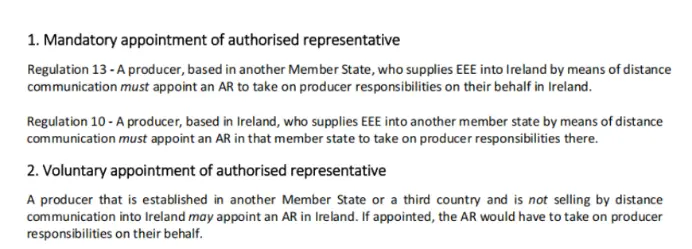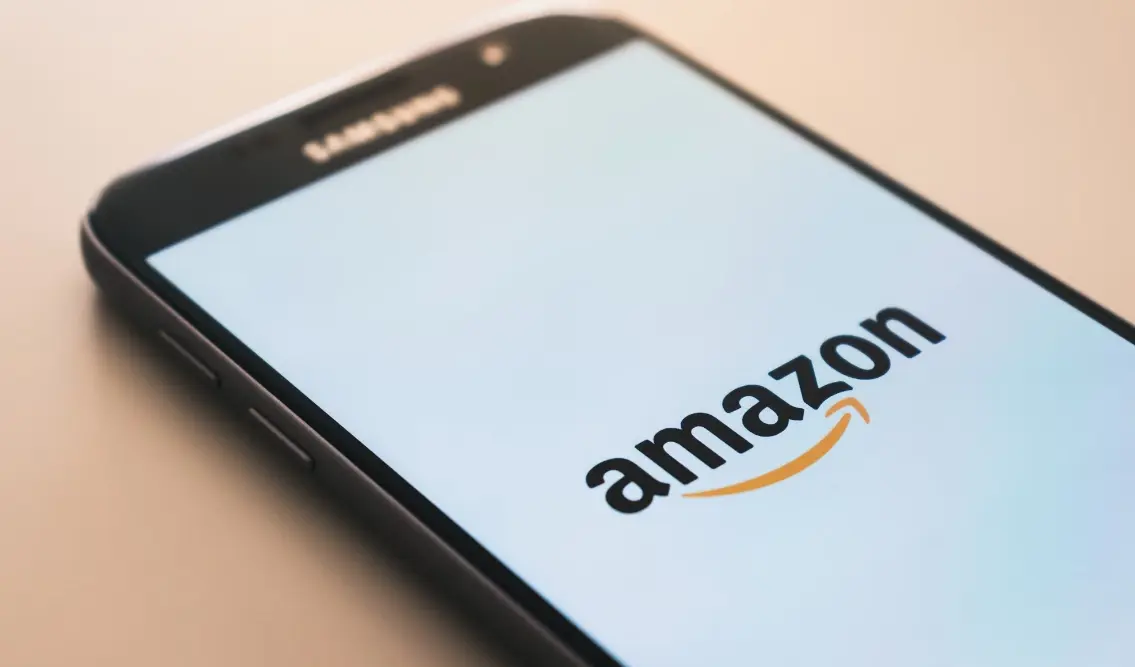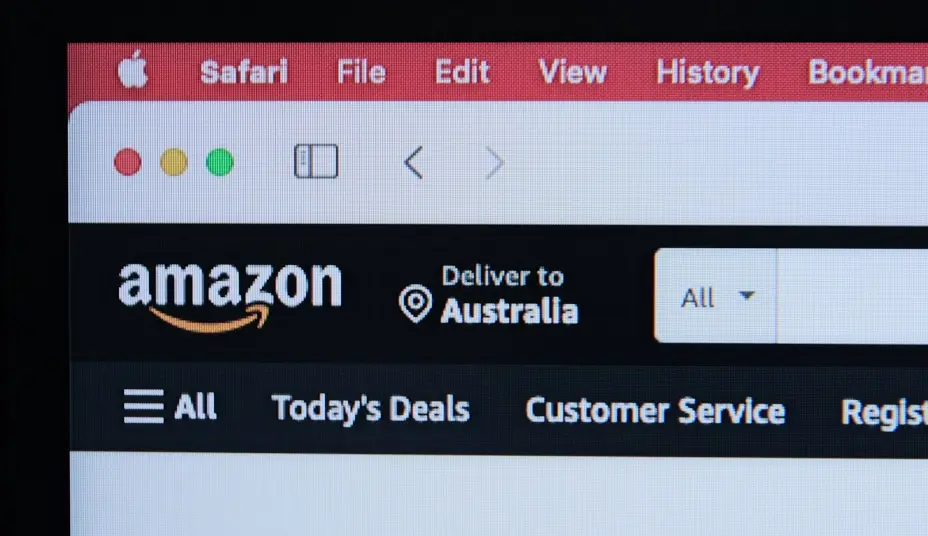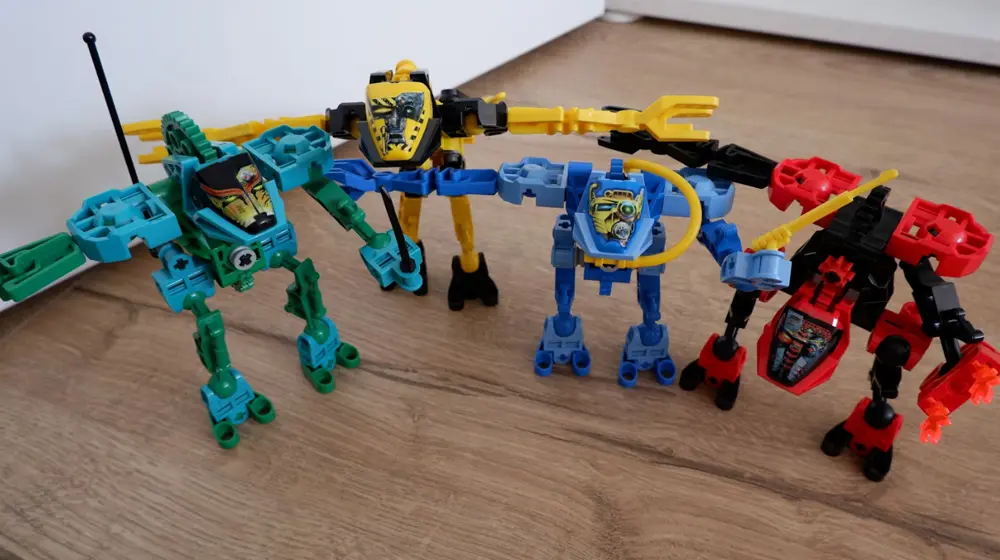
Certain Chemicals in Toys to Be Banned in the U.S.
Attention Toy Manufacturers Exporting to the U.S.!
In 2025, the U.S. Consumer Product Safety Commission (CPSC) will enforce stricter regULations for children's products. The blacklist of phthalates may be expanded, and the astm f963 testing standard will also be updated.
Can your products still remain compliant?
Key Regulatory Changes: These Substances May Be Banned!
1. Phthalates Restrictions Upgraded
Current Status:
Eight types of phthalates (e.g., DEHP, DBP) are currently banned in children's toys and childcare articles in the U.S. (limit: 0.1%).
2025 Regulation Update:
CPSC plans to add substances such as DPENP, DCHP, and DMP (under evaluation). The restricted list may expand to over 12 substances!
▶ Impact:
Plastic toys, baby pacifiers, comfort items, etc., may require formula re-evaluation and retesting.
2. ASTM F963 Standard Revision
Major Updates:
- Inclusion of PFAS (per- and polyfluoroalkyl substances) and BPA (BISphenol A) restrictions.
- Enhanced test methods for migratable heavy metals (e.g., lead, cadmium).
▶ Impact:
All toys exported to the U.S. must undergo testing under the new standard. Certification costs may increase.
Timeline: Key Dates to Watch
- September 2024:CPSC to release the Fall Agenda confirming the final proposal.
- March–June 2025:Draft regulations open for public comment.
- By December 2025:Regulation may officially take effect (transition period of approx. 6–12 months).
Note: If companies fail to prepare in advance, their products may be detained or recalled starting in 2026!
Compliance Strategy: 3 Steps to Stay Ahead
1. Supply Chain Screening
Immediately review raw materials (especially plasticizers and coatings) and replace any potentially high-risk cheMICals.
2. Early Testing & Certification
Contact a CPSC-accREDited lab (e.g., JJR) to conduct pre-testing based on draft requirements—avoid bottlenecks later.
3. Stay Informed
Monitor regulatory updates and adjust compliance strategies proactively.
Email:hello@jjrlab.com
Write your message here and send it to us
 Irish Battery Act Requires an Authorised Represent
Irish Battery Act Requires an Authorised Represent
 Swedish Battery Act Requires an Authorised Represe
Swedish Battery Act Requires an Authorised Represe
 Amazon TIC Provider
Amazon TIC Provider
 Amazon Battery and Charger Requirements
Amazon Battery and Charger Requirements
 Amazon Japan METI A Domestic Administrator Service
Amazon Japan METI A Domestic Administrator Service
 What is "Amazon Japan PSE: A Domestic Adminis
What is "Amazon Japan PSE: A Domestic Adminis
 What Does "ASTM F963-17 Certified" Mean?
What Does "ASTM F963-17 Certified" Mean?
 ASTM F963 Board Games Compliance Testing
ASTM F963 Board Games Compliance Testing
Leave us a message
24-hour online customer service at any time to respond, so that you worry!




